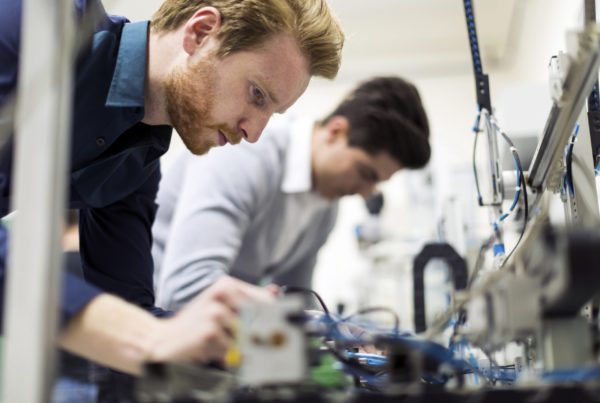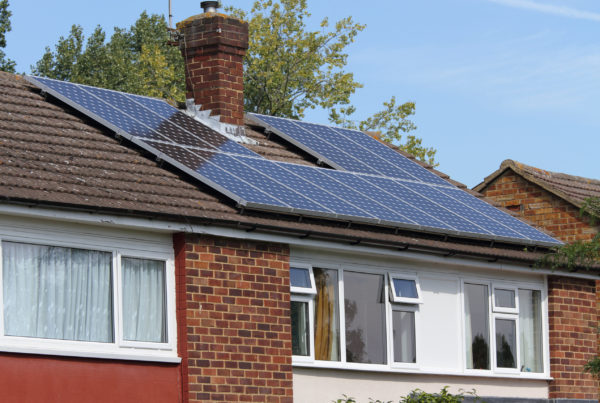
Buyer Beware
There are many technologies out there that have the potential to save people significant energy and money. However, not every technology that is sold will likely save as much as what the shiny literature may lead one to believe. Some technologies just don’t live up to the literature, and some may save in the right application, but that application isn’t the application in use. The real question then, is what is the difference between the actual energy savers and the floozies? Unfortunately, just watching out for the slick salesman with the shifty eyes isn’t going to cut it.
Power Factor Correctors
Power factor correction is a very good technology and has the potential to save some customers significant amounts of money. Poor power factor results in excessive electrical current over transmission and distribution lines, and this increases line power losses for the utility. However, only people who have poor power factors to begin with can save the big bucks. Most utilities charge customers for the energy that they use and do not charge customers for power factor penalties unless a customer has a power factor lower than around 0.90. The power factor corrector can eliminate the power factor penalty charges and will reduce line losses and some other losses, but these savings tend to be small.
Power Conditioners
Power conditioners also have potential for specific applications. Power conditioners smooth harmonics or bumps in the ideal sine wave for electricity delivered to facilities. However, only people who have poor power quality and harmonics are good candidates for power conditioners. Even for facilities with poor quality, the energy savings for power conditioners tend to be much less than the 20% or more claimed in some literature. These devices may reduce maintenance and problems with electronic equipment for facilities where the power quality is poor enough to burn out equipment.
Voltage Optimizers
Motor voltage controllers can have significant energy savings on elevators, escalators, and other applications. However, voltage optimizers, especially residential voltage optimizers, have very little ability to save significant energy.
HVAC “Capacity Controllers”
Several devices currently on the market claim to reduce HVAC system energy by 30% or more by reducing the overcapacity of HVAC equipment, keeping the cooling system from running at 100% regardless of load. HVAC systems cycle or modulate to meet load regardless if they have this technology installed or not. Some controllers, however, do save energy by overriding HVAC system refrigerant pressure or temperature set points to improve compressor efficiency.
Black Boxes
Any black box that actually saves energy will have been tested by a reputable independent entity according to industry standard practice. Without those tests, it is buyer beware. Also, no technology is one-size-fits-all. If, at the end of the day, there are still some uncertainties, it’s best to call a utility representative. Chances are, they are aware of the technology and can give some guidance.



